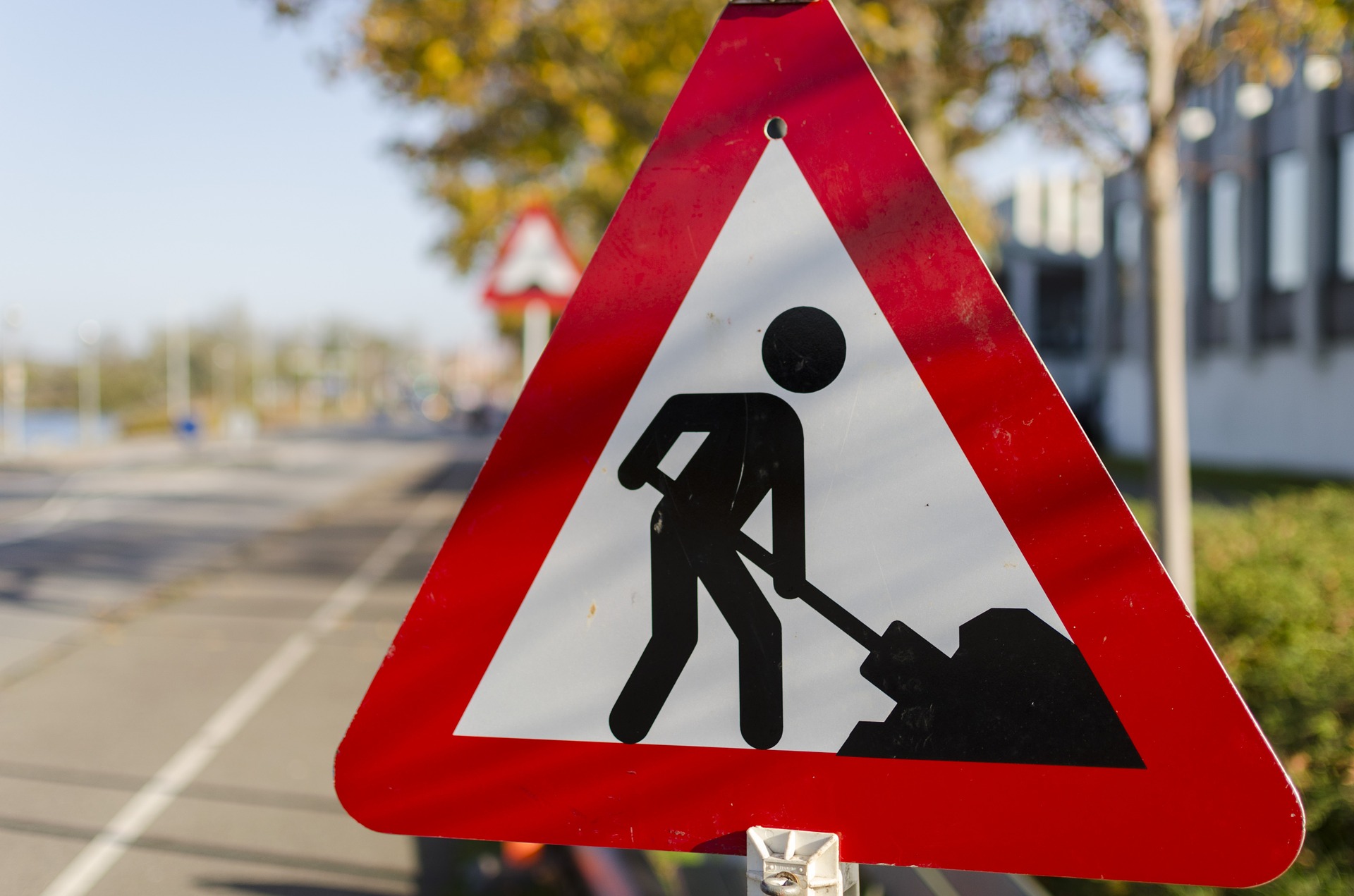
A patient from Canada’s British province has been diagnosed with breathing issues suffering from ‘’climate change’’ and recorded as the first patient in the world to get treated for the same.

India and over 30 other nations have joined hands towards creating a transition to zero-emission vehicles by 2030 or sooner.

A new report published by German-watch along with Climate Action Network (CAN) and New Climate Institute released on 10th Nov mentioned that India secured 10th spot in climate change performance.

A Bengaluru based startup has created a space called Bangalore creative circus (BCC) using environment-friendly and sustainable products intending to contribute towards climate change.

Maharashtra government has signed several drafts to ramp up their climate action goals and made their presence at the Global Climate Conference COP26.

After President Joe Biden declared November as the month of Native American Heritage, it is seen as a national spotlight for Indigenous people, communities, and organizations to educate and share stories about the tribal people across the U.S.

A patient in Canada’s British Columbia has been diagnosed with breathing trouble as a consequence of “climate change”, probably the first such case recorded till date. The person was struggling to breathe ever since the recent wildfires occured in Kootenays, which worsened her asthma according to the Canada’s Times Colonist newspaper. Over 1,600 wildfires have occurred in the Kootenays region of British Columbia this year.

Universidad Complutense de Madrid (UCM) in Spain conducted a research project on the negative effects of roads on animal populations with a focus on large mammals in developed countries.
.png)
Vodafone will be providing users with new Eco-SIMs made from recycled plastic. They will be in half-sized format and will gradually replace SIM cards that are currently made from single-use plastic. The new Eco-SIM will arrive in 12 of Vodafone’s European markets, along with Egypt, Turkey and South Africa.
.png)
The UN in a historic moment declared the right to access to a clean environment as a basic human right on 8th October 2021. The resolution passed after a unanimous victory of 43 votes in favour, holds the access to a healthy and sustainable environment as a universal right.